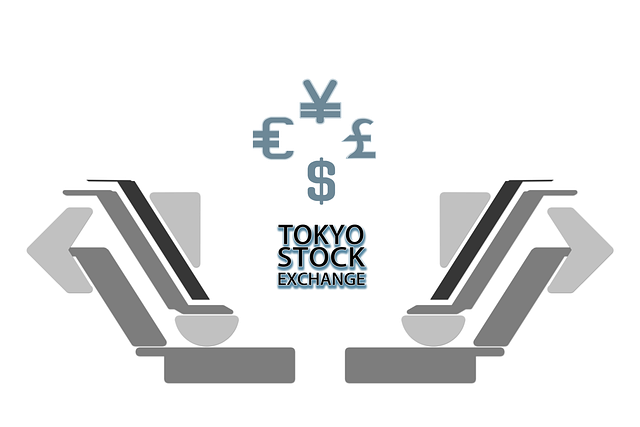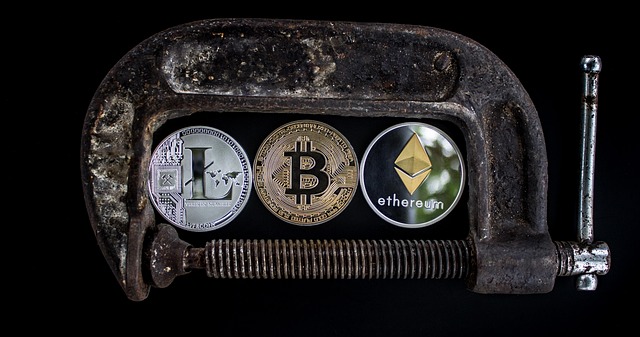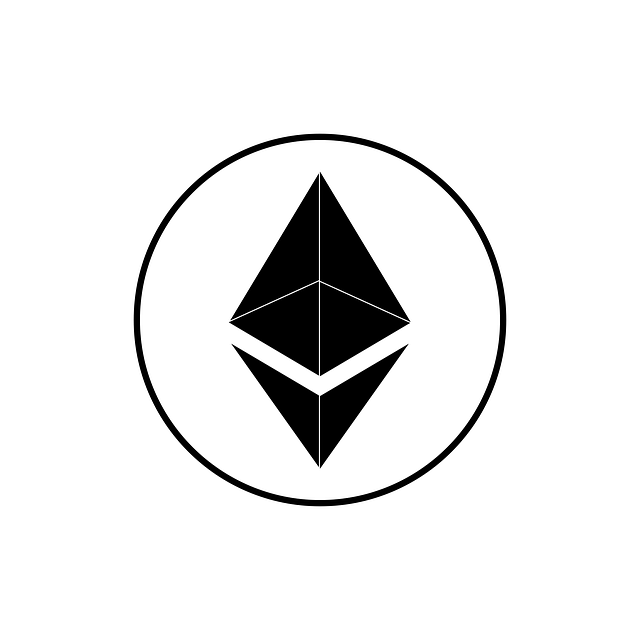
Web3, powered by Ethereum, is a revolutionary concept gaining traction as users seek greater control over their online experiences and digital assets. Utilizing blockchain technology and smart contracts, Ethereum facilitates the development of decentralized applications (dApps) across various sectors like finance, gaming, and social media. This shift promises enhanced security, transparency, and privacy by enabling direct user interactions without intermediaries, positioning Ethereum as a key player in shaping a more open, equitable, and secure digital future.
“The evolution of the internet is entering a new era with Web3, a decentralized vision for the digital landscape. At the forefront of this revolution is Ethereum, a blockchain pioneer that has transformed how we interact online. This article explores Ethereum’s role in empowering the Decentralized Web, from its foundational smart contract technology to groundbreaking applications like NFTs and DeFi. Discover how Ethereum is redefining online experiences beyond tokens, shaping a future where users hold greater control over their digital identities and interactions.”
- The Rise of Web3 and Decentralization
- – Exploring the concept of Web3 and its departure from centralized web models
- – Understanding the need for decentralization and user control in the digital realm
The Rise of Web3 and Decentralization

The concept of Web3, a decentralized web built on blockchain technology, is gaining traction as users and developers seek greater control over their online experiences. This shift towards decentralization is driven by a desire to move away from centralized platforms that have long dominated the internet. Ethereum, with its robust smart contract functionality, has emerged as a key player in this new era. By enabling developers to build decentralized applications (dApps) on its network, Ethereum provides a platform for innovation and the creation of trustless systems.
The rise of Web3 is about empowering users and fostering a more open and democratic online environment. Decentralization, powered by blockchain technology like Ethereum, offers enhanced security, transparency, and user privacy. It allows individuals to interact directly with each other without intermediaries, potentially revolutionizing industries such as finance, gaming, and social media. This new web paradigm promises to give back control to the users, ensuring that data and digital assets are no longer at the mercy of a select few.
– Exploring the concept of Web3 and its departure from centralized web models
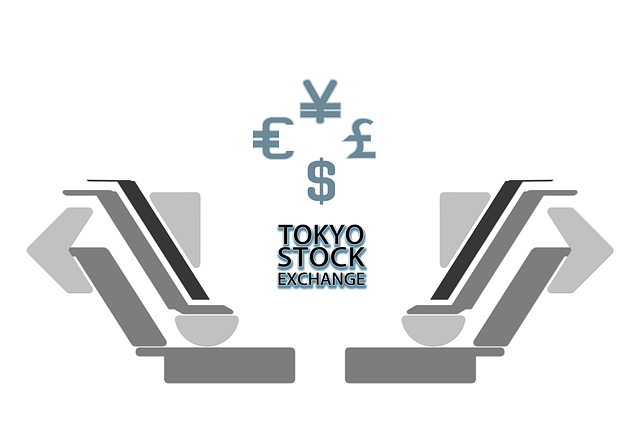
The decentralized web, or Web3, represents a paradigm shift from the centralized models that have dominated the internet for decades. Traditionally, platforms and services have been controlled by a handful of powerful entities, collecting user data and shaping online experiences. However, Web3 envisions a future where users have greater control over their data and digital assets, fostering a more open and equitable online environment. This new web is built on blockchain technology, with Ethereum emerging as a key player.
Ethereum, as a decentralized platform, offers a robust framework for developing decentralized applications (dApps) that operate without the need for intermediaries. Its native cryptocurrency, Ether (ETH), enables secure transactions and incentivizes network participation, creating a vibrant ecosystem of user-owned digital spaces. By leveraging Ethereum’s smart contracts and decentralized storage solutions, Web3 aims to revolutionize various sectors, from finance and social media to gaming and content creation, ultimately giving users back the power and ownership they deserve in the digital realm.
– Understanding the need for decentralization and user control in the digital realm
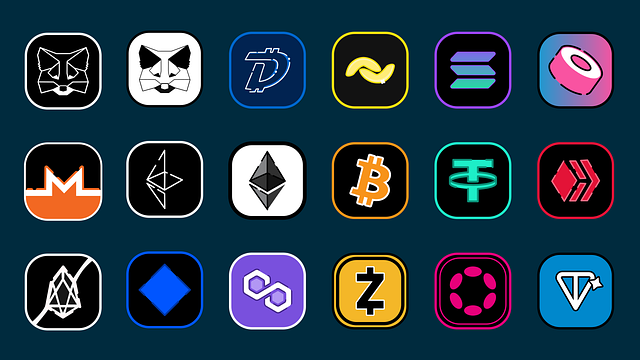
In today’s digital era, as our lives become increasingly intertwined with technology, it’s crucial to recognize the limitations of centralized systems that control much of our online experience. Decentralization offers a promising alternative by empowering users with greater control over their data and digital assets. Ethereum, a pioneering blockchain platform, plays a pivotal role in this shift towards a more decentralized web. By leveraging smart contracts and distributed ledger technology, Ethereum enables developers to build applications that are not only secure but also immune to censorship and control from any single entity.
This move towards decentralization is essential to address the growing concerns around privacy, data security, and the centralization of power in the hands of a few tech giants. With Ethereum, users can interact directly with each other without intermediaries, fostering a more open and equitable digital landscape. The potential for this technology extends far beyond cryptocurrencies, promising to revolutionize various sectors such as finance, healthcare, and governance by putting the power back into the hands of the people who use and create value within them.
As we look towards the future of the internet, Ethereum stands as a pioneering force in shaping Web3 and beyond. Its decentralized nature and innovative blockchain technology offer users greater control and security, revolutionizing how we interact with digital spaces. By empowering individuals to participate in a new era of online interactions, Ethereum is not just a game changer but a testament to the potential of decentralization. As the digital landscape continues to evolve, Ethereum’s impact will undoubtedly leave an indelible mark on our online experiences.
